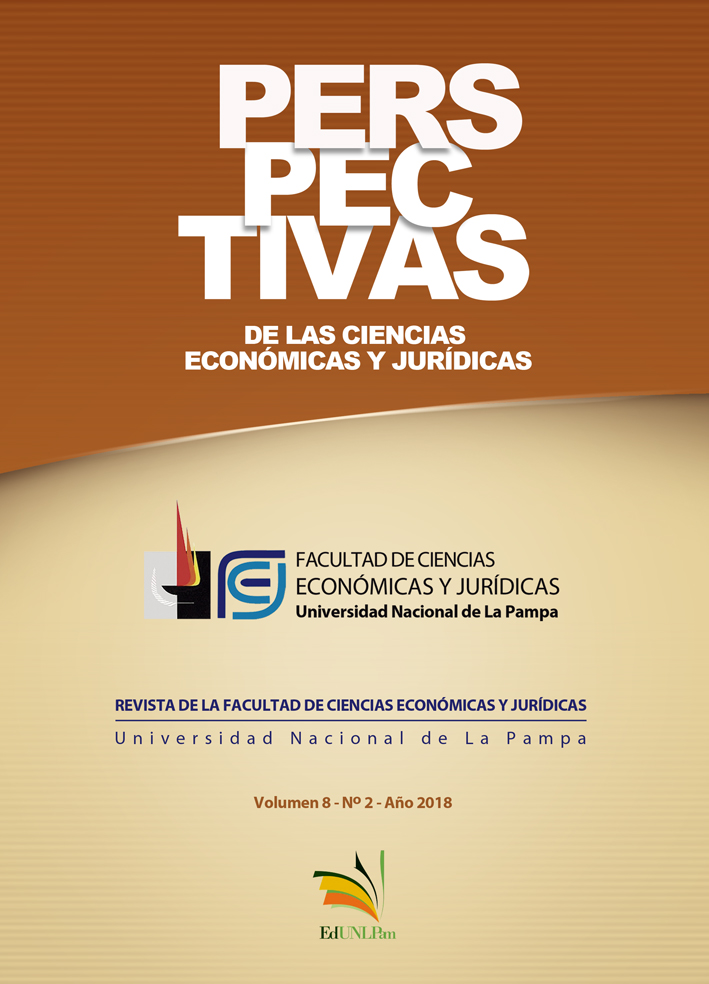LABORAL INSERTION AND PROFESSIONAL TRAINING OF PUBLIC ACCOUNTANT GRADUATED FROM THE FCEyJ OF THE UNLPam
DOI:
https://doi.org/10.19137/perspectivas-2018-v8n2a05Keywords:
Labor insertion, follow-up of graduates, educational policies, career accreditation.Abstract
The purpose of this paper is to investigate to what extent the academic and professional training received at the university is a contributing factor to the labor insertion and subsequent professional development of graduates. In this understanding, and to shed light on this problem situation, we analyze two linked issues: a) the relationship between the university and the labor market, and b) the monitoring of university graduates. Regarding the first, we conclude that university graduates should be trained with the professional skills and abilities not only to respond to short-term labor market needs, but also to anticipate and adapt themselves, with the necessary flexibility, to contextual changes. Regarding the follow-up of graduates, we conclude that the university should do it in a systematic and continuous way to favor their insertion and professional development, since this has become a strategic aspect in the definition of educational policies and accreditation processes and evaluation.
Downloads
Downloads
Published
Issue
Section
License
Aquellos autores/as que tengan publicaciones con esta revista, aceptan los términos siguientes:- Los autores/as conservarán sus derechos de autor y garantizarán a la revista el derecho de primera publicación de su obra, el cuál estará simultáneamente sujeto a la Licencia de reconocimiento de Creative Commons que permite a terceros compartir la obra siempre que se indique su autor y su primera publicación esta revista.
- Los autores/as podrán adoptar otros acuerdos de licencia no exclusiva de distribución de la versión de la obra publicada (p. ej.: depositarla en un archivo telemático institucional o publicarla en un volumen monográfico) siempre que se indique la publicación inicial en esta revista.
- Se permite y recomienda a los autores/as difundir su obra a través de Internet (p. ej.: en archivos telemáticos institucionales o en su página web) antes y durante el proceso de envío, lo cual puede producir intercambios interesantes y aumentar las citas de la obra publicada. (Véase El efecto del acceso abierto).











.png)



5.jpg)












